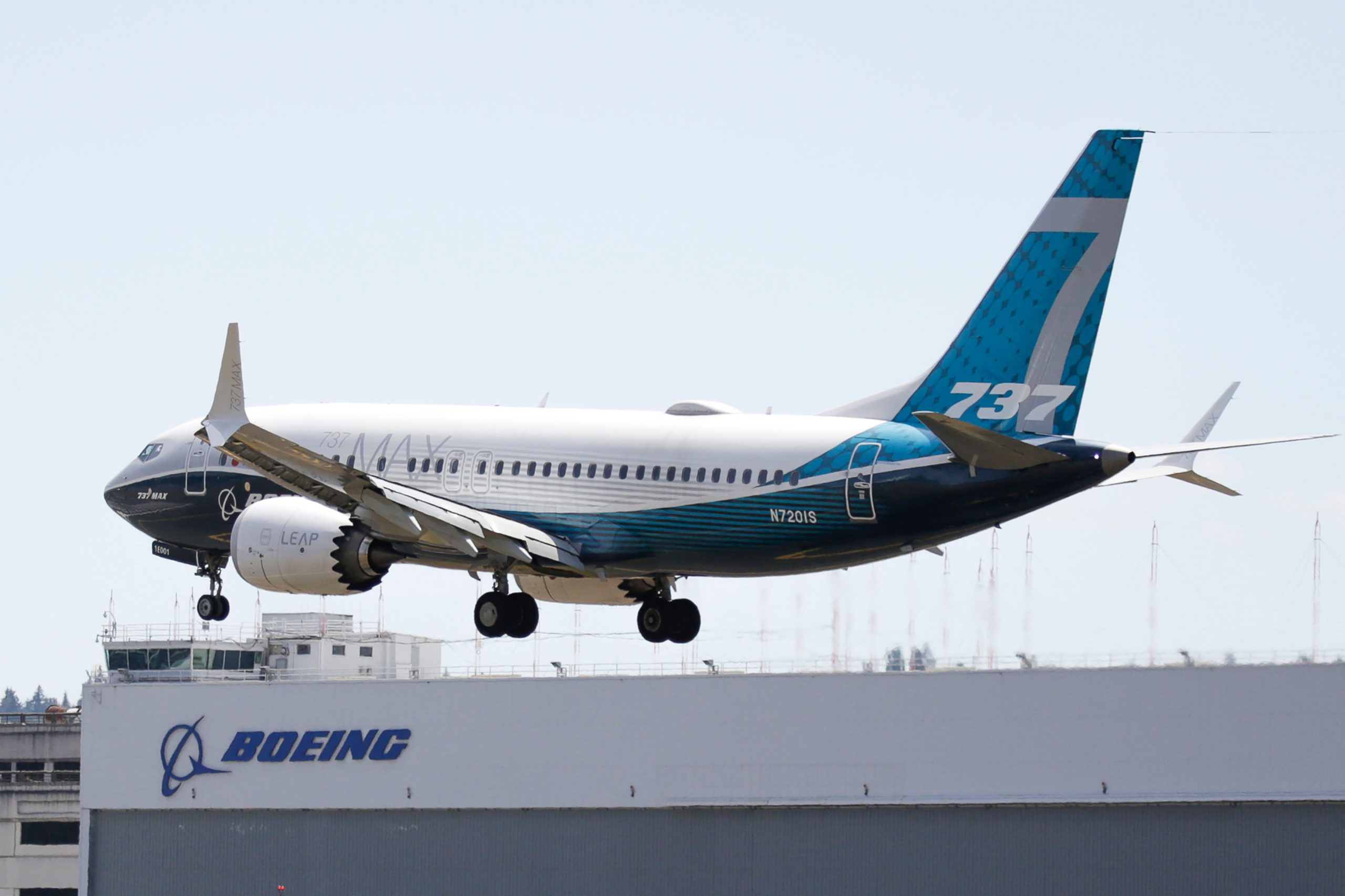Boeing on Friday said it had recommended 16 airlines, which are flying its 737 MAX planes, to address a new “potential electrical issue” after which major carriers have started to remove some of their aircraft from service. The electrical issue is not a concern for all of the aircraft, reports AFP.
The plane manufacturer said that the potential electrical issue requires “verification that a sufficient ground path exists for a component of the electrical power system.”
A Boeing spokeswoman said the issue was discovered during “normal build activity,” on a plane and added that it was “premature” to discuss the time needed to address the problem. She said it “could take a matter of hours or a few days” before planes are returned to service.
Also Read | Pilots shut down Boeing 737 MAX engine due to ‘mechanical issue’, FAA to investigate
The company did not specify the number of the aircraft involved, in which the problem was discovered, or clarified that which airlines were concerned.
The company notified the US Federal Aviation Administration of the issue on Thursday night, an FAA spokesperson said.
“The FAA is in contact with the airlines and the manufacturer and will ensure the issue is addressed,” the agency said. “Passengers should contact their airlines about specific flight cancellations or delays.”
Following the announcement, the shares of Boeing fell on Friday, however, AFP reports that the likely impact of the issue appeared limited. Shares of Boeing fell 1% to $252.36.
Also Read | US, EU announce the suspension of retaliatory Airbus, Boeing dispute tariffs
Electrical systems must be grounded to avoid overloads that can cause serious failures, reports AFP.
The electrical issue came nearly a year after Boeing started flying its 737 MAX planes last year after it was grounded for 20 months following two air crashes. Boeing recently announced that it has an order for 100 aircrafts.
The 737 MAX has been a huge hit with airlines, and was Boeing’s best-selling aircraft until it was grounded in March 2019 following the second of two fatal crashes that together claimed 346 lives.







